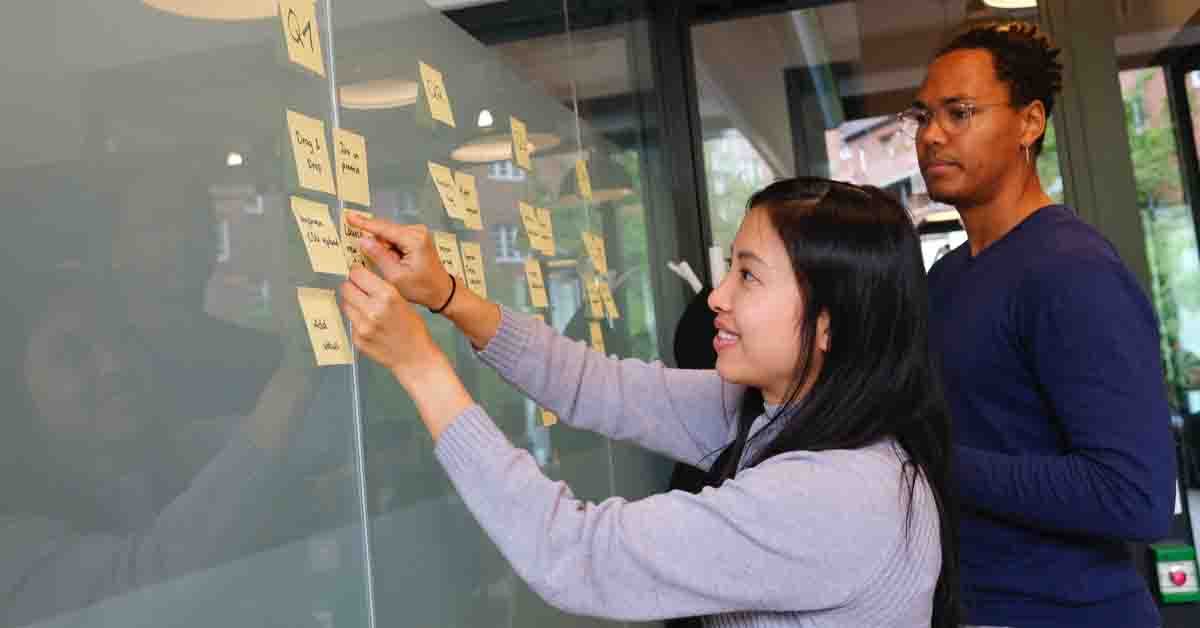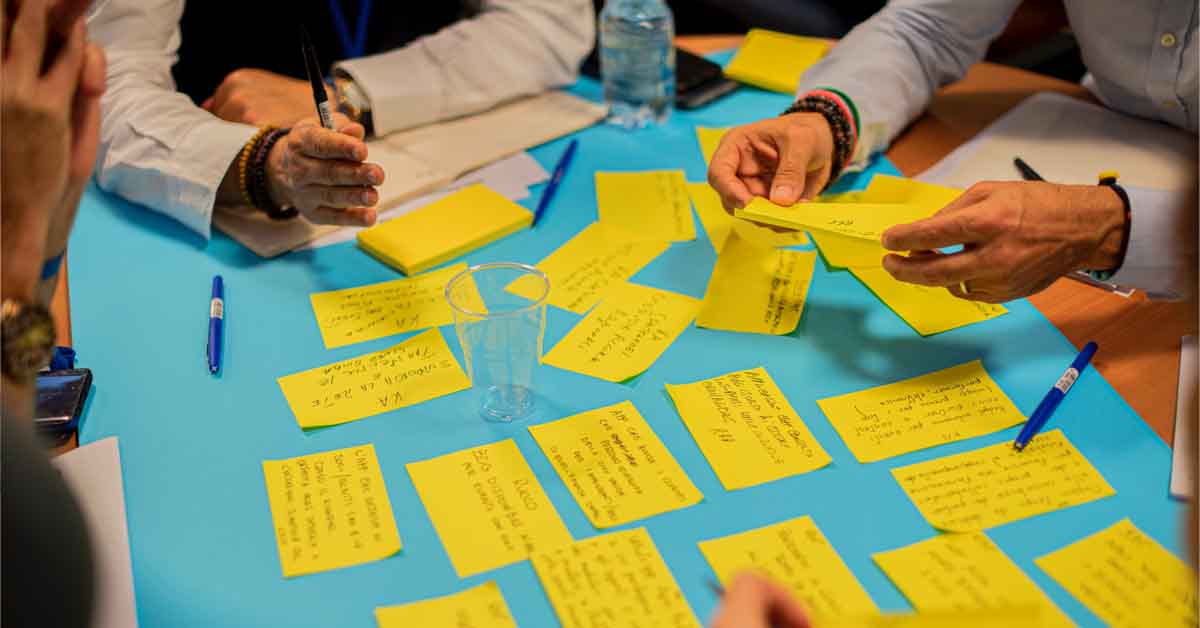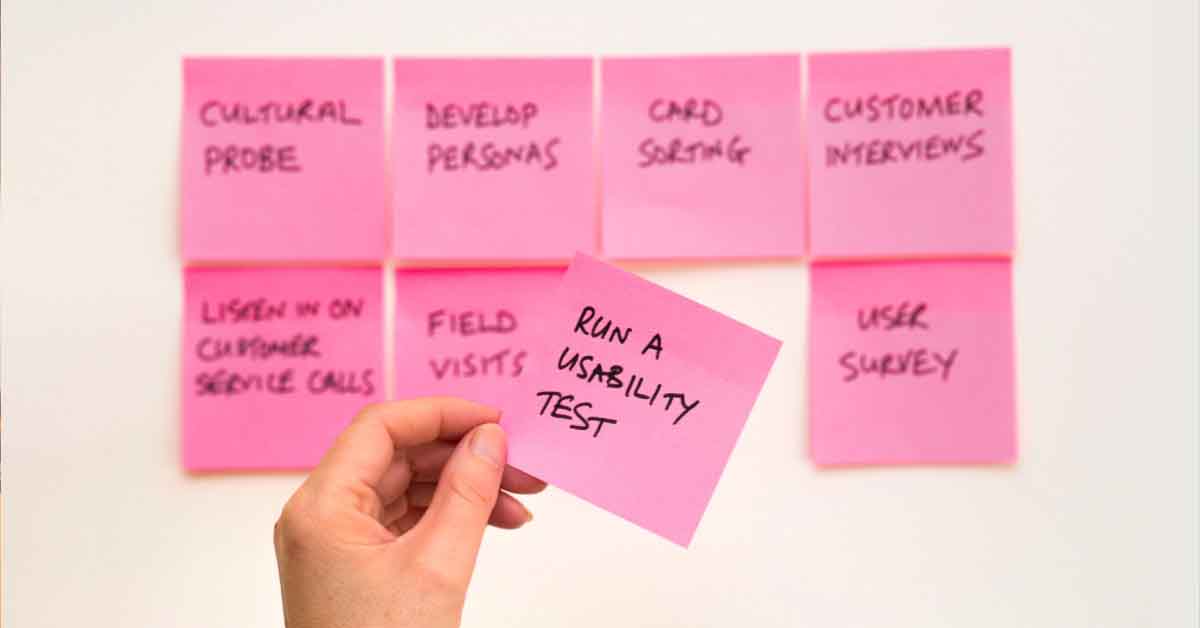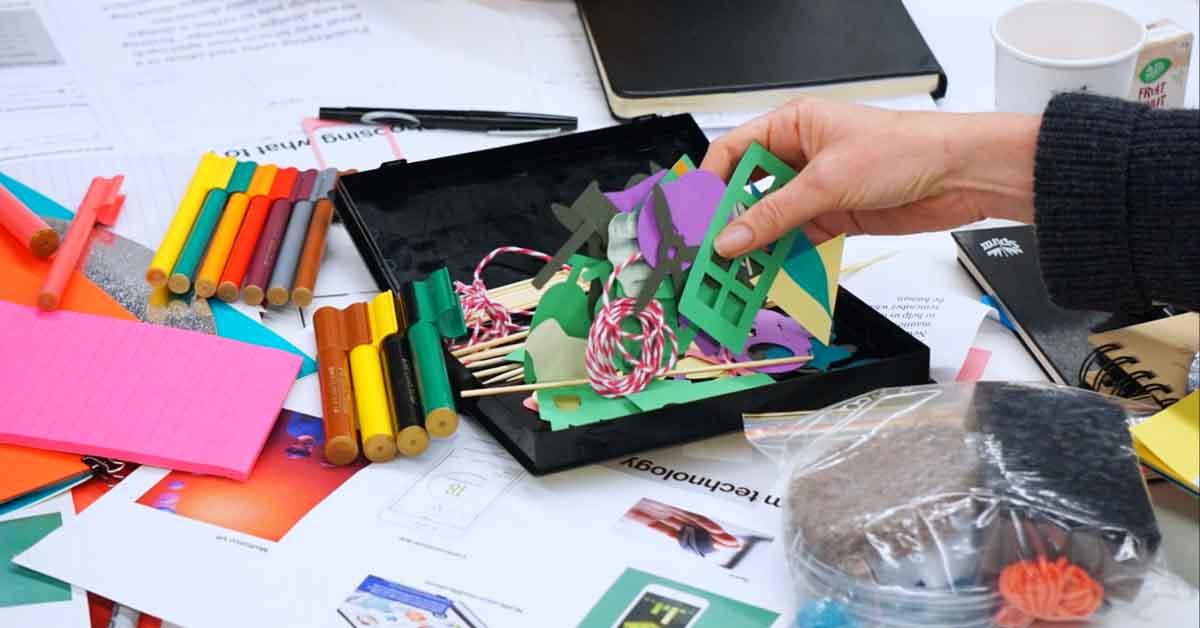Tag: problem solving
-

10 Ways To Quickly Find UX Issues In Your Project
Discovering and resolving user experience (UX) problems early can save time, resources, and enhance user satisfaction significantly. But how do you quickly spot these hidden gremlins lurking in your designs? Here are ten quick-fire techniques to uncover and fix potential UX issues before they escalate. 1. The Inversion Method Flip your objectives on their head.…
-

Systems Thinking For UX Designers: A Quick Beginners Guide
Systems thinking is an approach to problem-solving that views problems as parts of an overall system, rather than reacting to specific parts, outcomes, or events. It’s about understanding the complex interactions and relationships between the system’s components to predict how changes in one part of the system might affect the whole. In UX design, this…
-

How to Run ‘How Might We’ Workshops: A Quick Guide
‘How Might We’ (HMW) workshops are a cornerstone of design thinking and an essential tool in the modern UX designer’s toolkit. These workshops are designed to open up the floor to innovative thinking and collaborative problem-solving. This guide aims to provide you with a concise and actionable roadmap to running successful ‘How Might We’ workshops,…
-

How To Apply The Double Diamond To Any UX Project
As fresh-faced UX designers graduate from their bootcamps and step into the professional world, they often face a reality check. The industry operates differently from what they’ve learned in the classroom, and applying a one-size-fits-all process to real-world projects with unique challenges and limitations can be overwhelming. To navigate this complex landscape, it’s essential to…
-

The Quick UX Accessibility Checklist
Accessibility isn’t just about making sure people with disabilities can use your product. It benefits everyone, including users without disabilities. It helps us to use apps better when we’re on the move, navigating one-handed, in low-light areas or when we can’t have sound turned on. In fact, subtitled Youtube videos increase view time by more…
-

8 Product Design Principles For Better Work And Collaboration
Solid product design principles help us navigate the messy world of discovery and make good decisions in the face of uncertainty. Some principles act as decision-making criteria, others help us work better together, and some help us to evaluate designs and craft better solutions. This article will share 14 invaluable principles for better work and…
-

A Simple Guide to Hierarchical Task Analysis
Hierarchical Task Analysis is used to break complex tasks down into smaller, more manageable parts. It’s useful for UX Designers because it provides a structured and systematic method for understanding the tasks and goals of the users. This article will discuss how to conduct a Hierarchical Task Analysis and some best practices to apply to…
-

How to Create a Design Strategy: A Simple Framework
If you’re in product development, and you feel like you’re working in a feature factory… It could be because your team lacks a strategy. A lack of strategy makes it difficult to consistently create value. It makes it hard for team members to make decisions because they aren’t clear on how their choices will impact…
-

Better UX Design Workshops: A Quick Guide For Beginners
A UX Design Workshop has the power to align stakeholders, solve complex problems and generate a heap of ideas. This article will explore the different types of UX workshops and give some tips for going above and beyond in your UX design process. 9 Types of UX Design Workshops Planning a UX Design Workshop (Remote…
-

What Is Empathy in Design Thinking: A Beginner’s Guide
Empathy is our ability to understand the needs of another person. It’s the first step in the design thinking process, and It’s a key consideration at every stage as it allows us to solve customer’s problems in a meaningful way. In this article, we’ll explore the role of empathy in design thinking and give some…
-

How to Plan a Workshop: A Quick and Easy Guide
Workshops are a great way to facilitate meaningful discussion and tap into collective wisdom. In this article, we’ll share a framework that you can use for any workshop. The Basic Recipe for All Workshops All workshops follow a pattern of divergent and convergent thinking. We diverge by gathering information and exploring options. We converge by…
